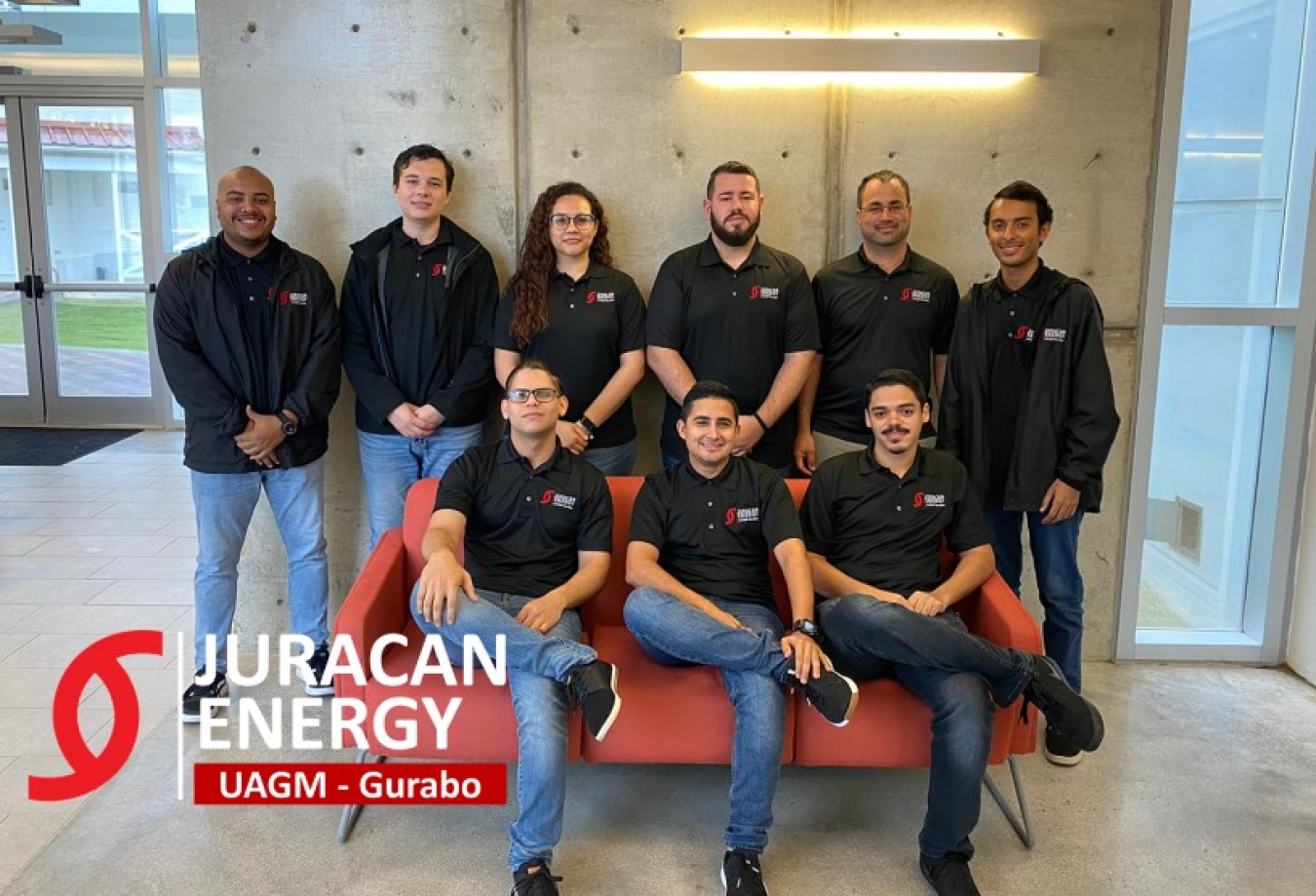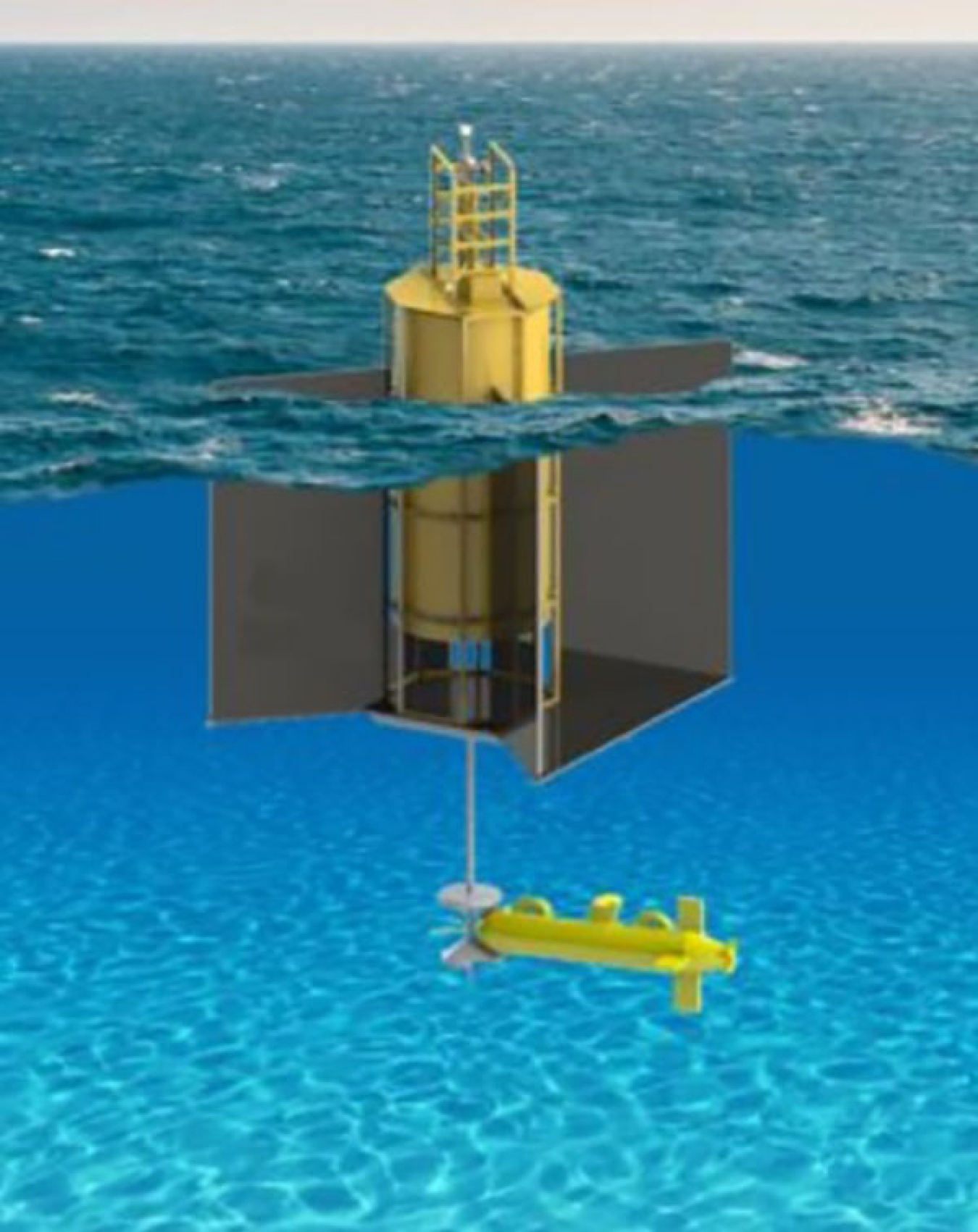The Marine Energy Collegiate Competition is challenging university students to propose technical solutions and business cases for marine energy.
Water Power Technologies Office
January 13, 2021In its inaugural year, DOE’s 2020 Marine Energy Collegiate Competition (MECC) challenged university students to propose technical solutions and business cases for marine energy to serve the blue economy, with the potential for real-world applications in the not-so-distant future. Sponsored by WPTO and administered by NREL, the MECC is the first nationwide marine-energy-focused competition designed for students in the United States.
The MECC provided unparalleled professional development and networking opportunities to a large and diverse group of students, many with little to no prior experience in marine energy, helping them understand potential markets for marine energy while preparing them for future careers in the field. Designed to be interdisciplinary, the competition acknowledged the diverse skills needed to enter the marine energy field, whether in research, technology development, project management, marketing, or education.
For this competition, 14 teams developed a market-research-supported business plan and technical design of a marine energy device, created a poster defending the feasibility of the design and business plan, and pitched their ideas to a panel of expert judges. Proposals could address maritime-based industries and communities including—but not limited to—those identified in WPTO’s Powering the Blue Economy report. Each pitch included the team presentation and a question-and-answer session, as well as a networking event, giving students the opportunity to seek career advice from marine energy experts.

Participating teams represented universities from 11 states and one territory, Puerto Rico, highlighting all corners of the country. The competition also attracted international interest, welcoming universities from two foreign countries. Notably, the MECC administration moved the in-person event, originally scheduled to take place at the International Conference on Ocean Energy, to a virtual format and adjusted the deliverables, rules, and structure of the competition to meet the new setup. Despite having to finish the competition virtually, the students demonstrated their determination, flexibility, and resilience—three qualities critical to a career in marine energy.
In July 2020, DOE announced the winners of the inaugural MECC. Winning ideas focused on a variety of blue economy applications, including:
- The University of Hawaii’s Hālona mobile wave energy converter-powered platform, a self-charging ocean-observing platform that charges autonomous underwater vehicles while simultaneously collecting ocean data
- The University of Massachusetts Dartmouth’s Maximal Asymmetric Drag Power Wave Energy Converter that charges batteries in remote or deep-ocean locations
- A resilient and sustainable aquaculture with advanced wave energy converter proposed by Columbia University with Virginia Polytechnic Institute and State University
- The Universidad Ana G. Mendez’s buoy pump for water desalination, which aims to provide clean drinking water for disaster-relief areas and isolated communities, inspired by the students’ own experiences living through tropical storms in Puerto Rico.

Through the competition, WPTO targeted two important goals. First, WPTO sought to leverage the creativity of students to gather ideas for practical applications for marine energy in the blue economy. Second, the office aimed to engage a diverse set of students and develop the next generation of marine energy experts and entrepreneurs.
The 2020 MECC proved successful in meeting WPTO’s goals for the student competition. The second iteration of the competition will launch in 2021, challenging student competitors again to unlock the power of the ocean to support the growth of the blue economy. Building off the 2020 competition, the 2021 MECC enables students to not only formulate and pitch their ideas but also produce a prototype of their device in spring 2021. Teams are encouraged to propose a marketable device powering any marine energy sector of the blue economy.
For additional information, contact Al LiVecchi.






